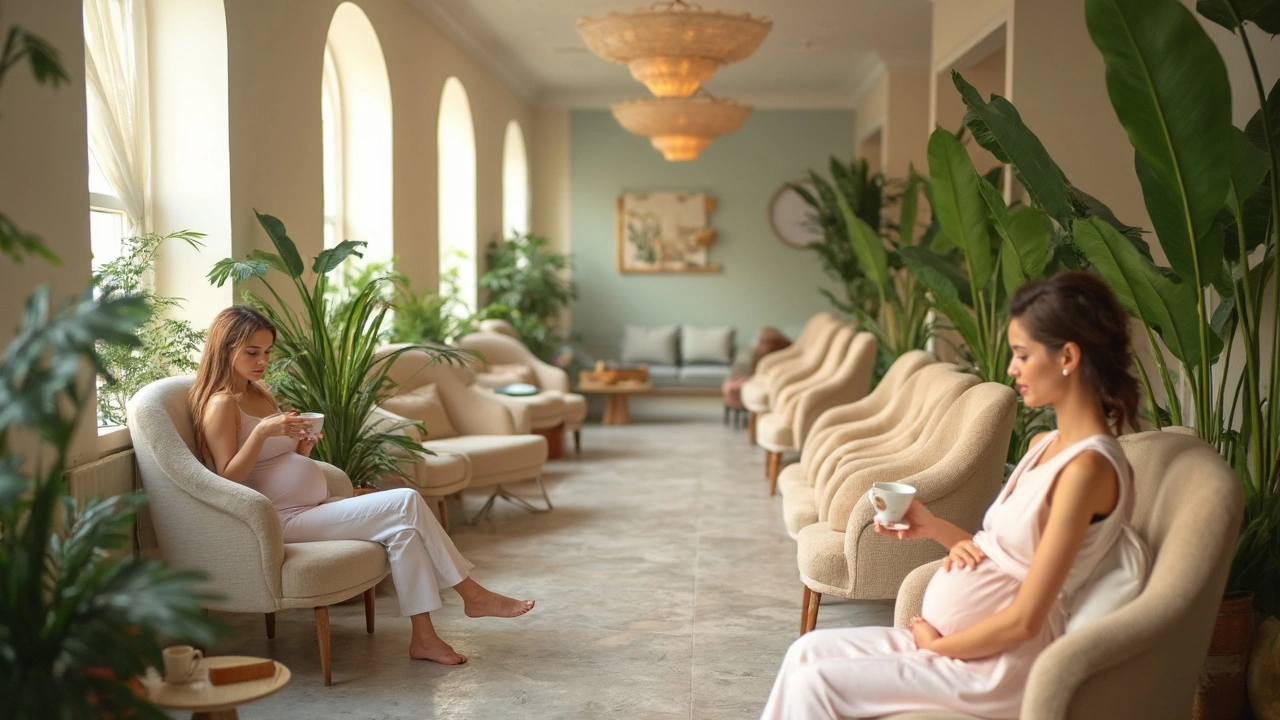Best Pregnancy Massage in London – What You Need to Know
If you’re expecting a baby and feeling the aches, a pregnancy massage can be a game‑changer. It eases back pain, reduces swelling, and helps you sleep better. But not every massage is right for a pregnant body, so knowing the basics will save you time and money.
Why Pregnancy Massage Matters
During pregnancy your muscles work overtime to support the growing belly. This extra strain leads to tight hips, sore shoulders, and lower‑back tension. A skilled prenatal massage targets those pressure points without putting stress on delicate areas. You’ll notice reduced swelling in the legs, a calmer mood, and often a quicker recovery after labor.
Safety is the top priority. A qualified therapist knows where to avoid deep pressure – especially on the abdomen, lower spine, and certain pressure points that can trigger contractions. Most reputable London spas require proof of training in prenatal techniques, so you can trust the hands that work on you.
How to Find the Best Service in London
Start by checking a therapist’s credentials. Look for certifications like “MLD for Pregnancy” or courses from recognized schools. Websites and review sections often list these details. If the therapist mentions using hypo‑allergenic oils such as sweet almond or grapeseed, that’s a good sign they’re mindful of sensitive skin.
Pricing in London varies. A 60‑minute session typically runs between £70 and £110, while a longer 90‑minute treatment can cost £120‑£150. Some clinics offer package deals that shave off 10‑15% if you book a series of four sessions. Keep an eye out for off‑peak discounts – early morning or late evening slots are usually cheaper.
Booking is simple if you go straight to the spa’s online calendar. Choose a therapist who specializes in prenatal work, select a time that suits your trimester, and mention any specific concerns (like sciatica or swelling). Most places will confirm the appointment via email and may ask for a short health questionnaire to ensure they’re prepared.
When you arrive, wear comfortable, loose clothing. Therapists often ask you to lie on your side with pillows for support, which is the safest position after the first trimester. If you prefer a face‑down position, let them know – they’ll adjust the technique accordingly.
After the massage, drink plenty of water. This helps flush out toxins released during the session and reduces post‑massage soreness. You might feel a little sleepy, so give yourself time to relax before heading back to work or daily chores.
Quick FAQs:
- Is it safe in the third trimester? Yes, but stick to gentle, side‑lying techniques and avoid deep abdominal pressure.
- Can I get a massage if I have high blood pressure? Talk to your doctor first; many therapists can adapt the pressure to suit your condition.
- Do I need to tip? A 10‑15% tip is customary if you’re happy with the service.
Bottom line: a good pregnancy massage in London can melt away discomfort and make you feel more connected to your body. Use the tips above to pick a qualified therapist, compare prices, and book a session that fits your schedule. You deserve a moment of calm before the big day arrives.


